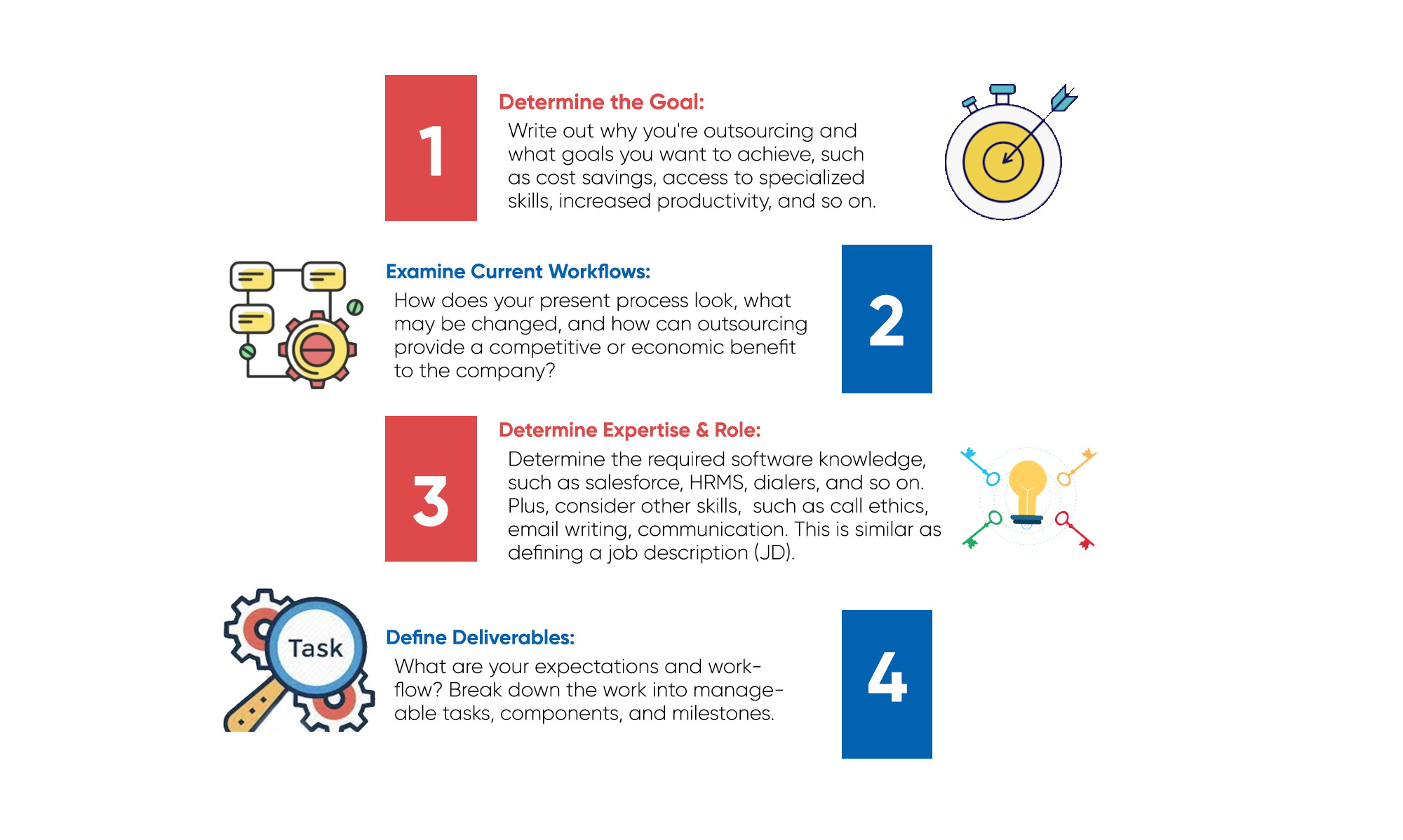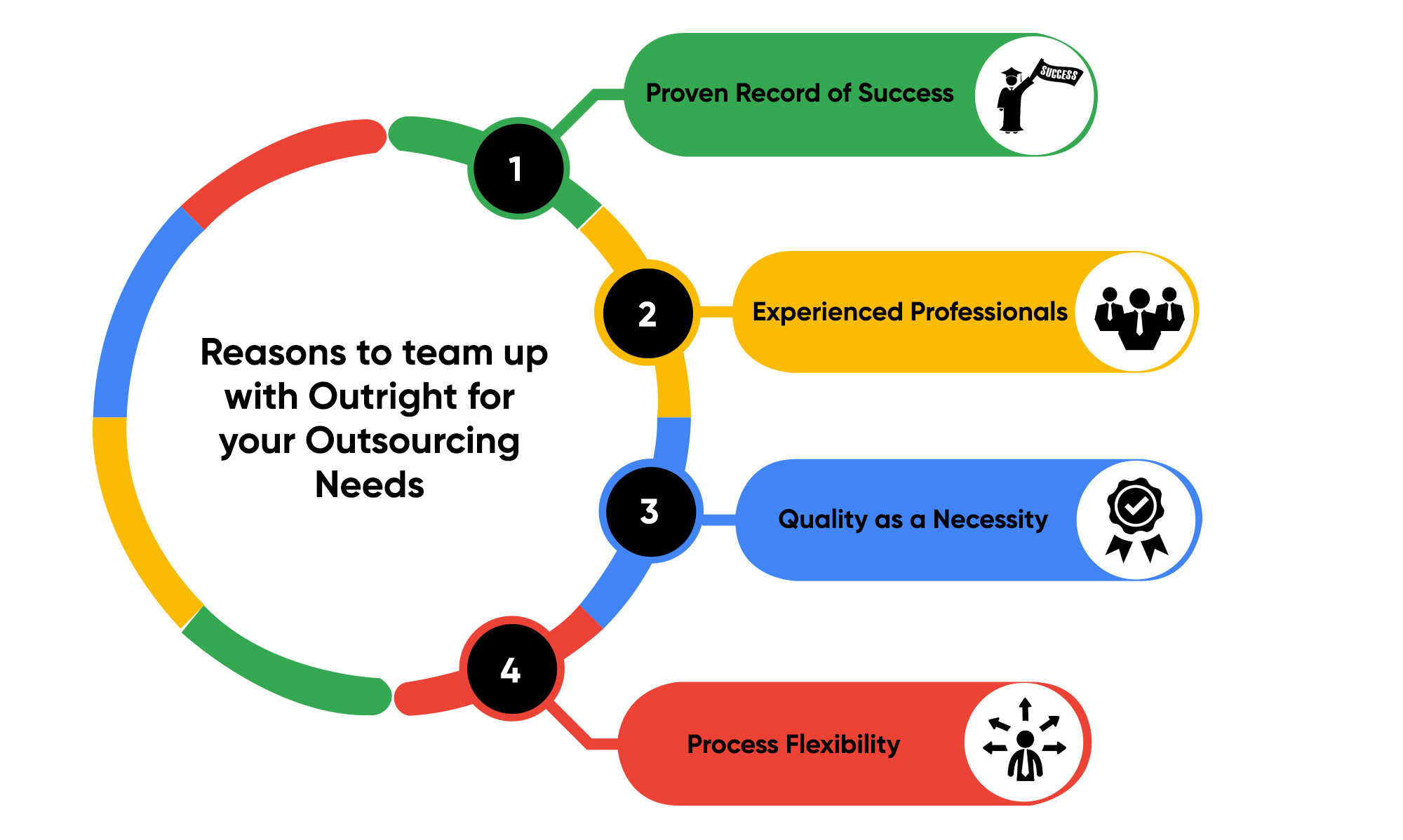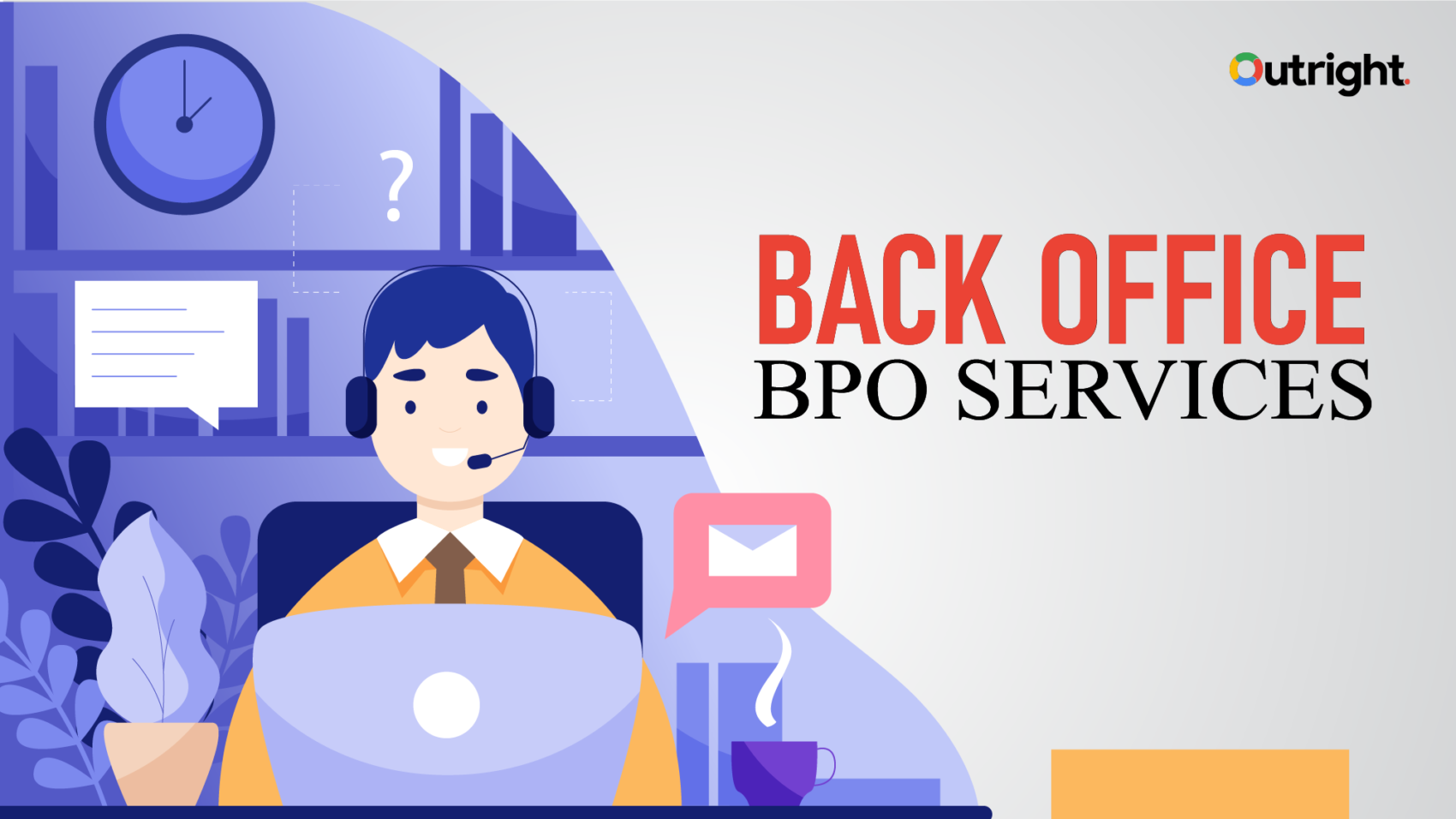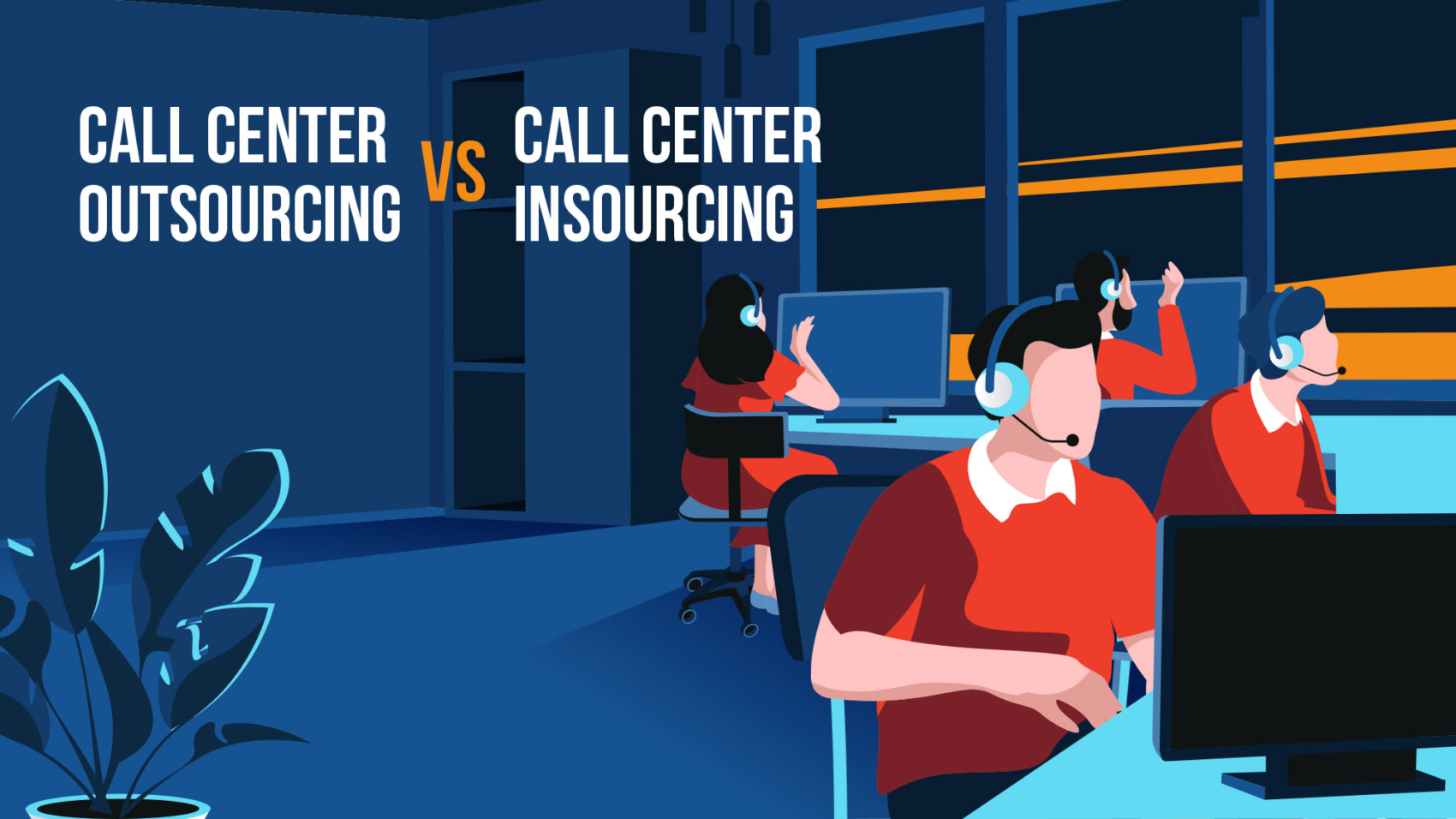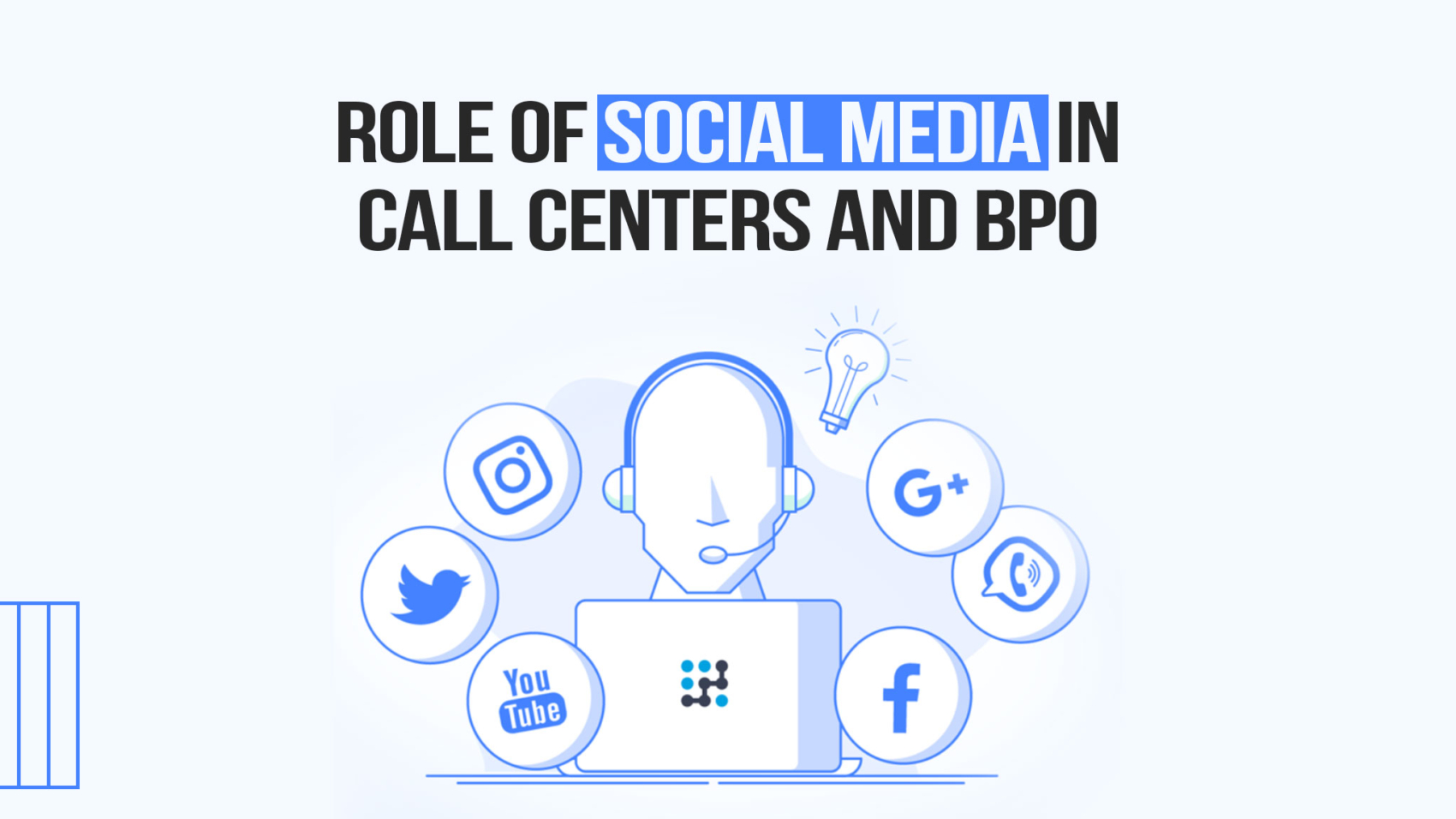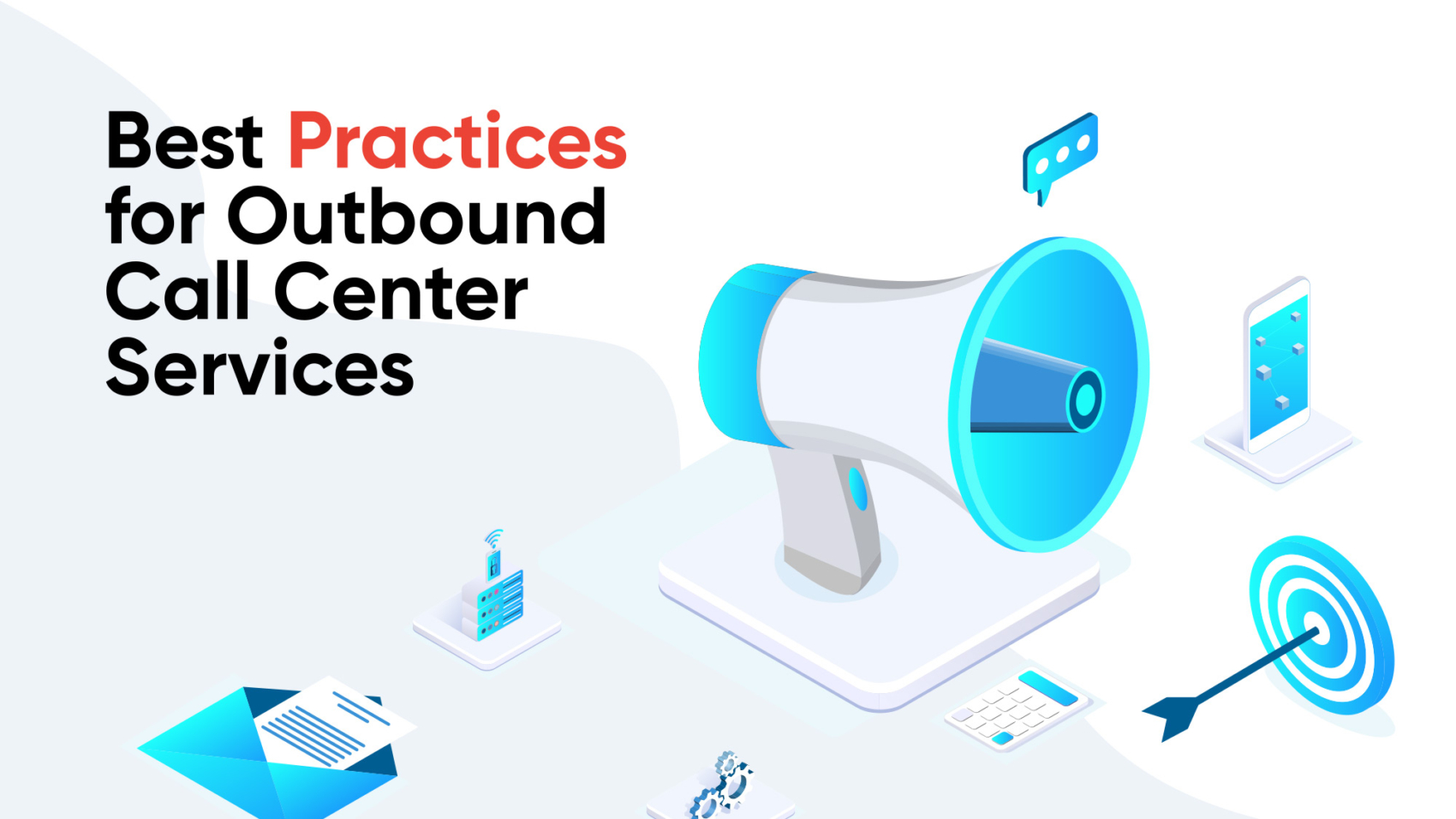Small businesses departments that can be outsourced easily
Accounting
Outsourcing accounting functions is a common practice among small businesses. This is because it allows businesses to focus on their core competencies and save time and money. When a business outsources its accounting, it is hiring a third-party company to handle all of its accounting needs. This includes tasks such as Bookkeeping, Payroll, Tax preparation, and Financial reporting. Outsourcing these tasks to a third-party company can free up a business’s time and resources so that they can focus on their core competencies. This can lead to increased productivity and profitability.
The prime example of outsourcing accounting services for small businesses is payroll management. Payroll management involves many complex tasks, such as calculating employee wages, withholding taxes, deducting benefits, and ensuring compliance with relevant employment regulations. Outsourcing your IT department can provide you with access to a team of experts who can handle your technology needs, including network maintenance, data backup, software updates, and help desk support. This ensures that your IT infrastructure runs smoothly while minimizing downtime and security risks.

Marketing
When it comes to business growth, partnering with an experienced marketing firm can accelerate the process. These firms can take charge of tasks such as ad design, content creation, and social media management, allowing business owners to concentrate on internal operations. Furthermore, marketing professionals bring fresh ideas and effective strategies to the table, enhancing overall marketing efforts. Not hiring a third party experienced marketing firm can have a negative impact as it limits your searchability, ineffective marketing and poor online presence.
- Outsourcing social media and other marketing channels is a prime example of outsourcing a marketing department. Let the experienced marketing agency develop a strategy to take your business to a new level.

Sales
Outsourcing sales-related activities can be beneficial when a company lacks the necessary personnel or expertise for sales skills and developing effective sales processes. Partnering with reputable sales firms or professionals enables businesses to leverage the skills of the dedicated sales team to generate more business and close deals.
A prime example of a third-party sales team is when a company partners with an external sales agency or sales outsourcing company to handle the entire sales process on their behalf. This arrangement involves outsourcing the sales function to a team of professionals who specialize in sales strategies, lead generation, and closing deals.
IT Management
IT outsourcing can be a very successful strategy for businesses of all sizes. However, it is important to carefully consider all of the factors involved before making a decision to outsource With the global market for outsourced IT services reaching $85.6 billion. Managed service providers or on-demand assistance firms can handle various tech-related issues or initiatives, providing businesses with cost-effective solutions.
IT outsourcing involves partnering with external service providers to efficiently deliver IT-enabled business processes, application services, and infrastructure solutions, all aimed at achieving desired business outcomes. If we dig deep into this concept, SaaS, PaaS, Iaas are all considered as IT outsourcing services. Outsourcing your IT department can provide you with access to a team of experts who can handle your technology needs, including network maintenance, data backup, software updates, and help desk support. This ensures that your IT infrastructure runs smoothly while minimizing downtime and security risks.
Administrative Tasks
Administrative task outsourcing is the practice of hiring a third-party company to handle administrative tasks that were previously handled in-house. This can include a wide range of tasks, such as: Data entry, Travel planning, scheduling appointments and managing calendars, and event planning. There are many reasons why companies choose to outsource administrative tasks. Some of the most common reasons include:
-
To reduce costs
To gain access to specialized skills and expertise
To focus on core business activities
To improve efficiency
To improve compliance
When done correctly, administrative task outsourcing can be a very successful strategy. However, it is important to carefully consider all of the factors involved before making a decision to outsource.
- A growing startup, decides to outsource certain administrative tasks to streamline operations and allow their internal team to focus on core business activities. The activities can be email and calendar management, travel arrangement, meeting and event coordination, and communication and document management.

Customer Service
Customer experience (CX) outsourcing is the practice of hiring a third-party company to handle all or part of a company’s customer service operations. This can include tasks such as answering phone calls, responding to emails, and resolving customer issues. There are many benefits to CX outsourcing, including:
Reduced costs
Increased efficiency
Improved customer satisfaction
-
Enhanced brand reputation

An e-commerce business, decides to outsource its customer service operations to enhance customer satisfaction and ensure round-the-clock support. They partner with a customer service outsourcing provider to provide the following services, Inbound Customer Support, technical support, order management, and multilingual support.
Research Assistance
Do you want to gain insights about your customers or industry? Whether it’s launching a new product or entering a new market, thorough research is important. Instead of spending excessive time surveying your target audience or sorting through online content, you can outsource this task to a research firm. They have access to extensive resources and can provide valuable insights.
- A technology company outsources market research to a research firm to gather insights on customer preferences and market trends for their new product development. The research firm conducts surveys, interviews, and data analysis to collect and analyze relevant market data. They deliver a detailed research report to the company, providing valuable insights and recommendations for better business decisions.
Human Resources
Outsourcing human resources (HR) functions, including hiring, onboarding, and team management, is a common practice. Recruiting services can assist in sourcing qualified candidates for open positions, while other HR tasks such as training, benefits administration, payroll, and time and attendance management can also be outsourced. There are a number of cons to not hiring third-party HR. These include:
- Increased workload for internal HR staff
- Increased risk of errors
- Lack of expertise
- Higher costs
A growing business outsources its HR functions to the top outsourcing service provider “Outright”. They handle tasks such as payroll management, employee benefits administration, and recruitment processes. This allows the company to focus on its core operations while benefiting from HR expertise and efficient HR processes provided by the outsourcing partner “Outright”.
By considering outsourcing in these key areas, small businesses can unlock numerous advantages, optimize operations, and foster growth in an increasingly competitive market. If you are looking for quality outsourcing services, Outright is the perfect outsourcing partner for you as we offer contact center, web & digital, Human resource and financial services. Get a quote today.


